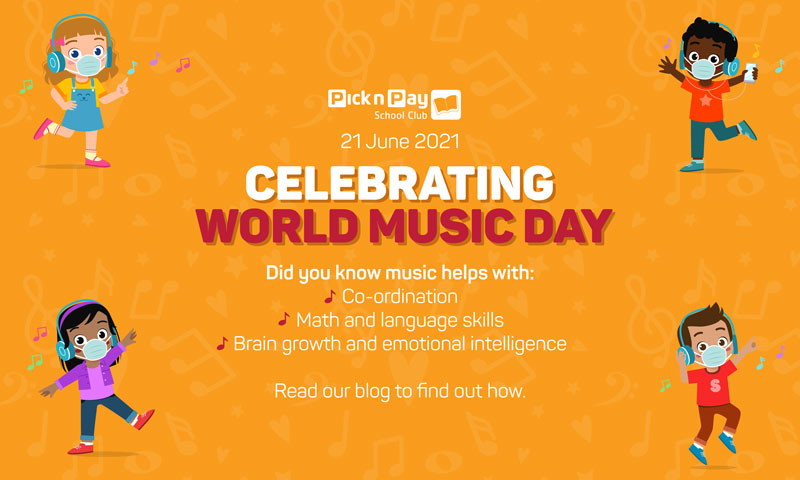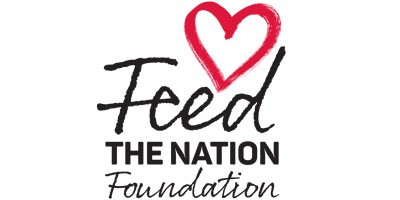Happy World Music Day!
Music is a big part of our culture and in our everyday lives. We are surrounded by music wherever we go. Music can be found playing in the elevators, on the radio, at your child’s theatre class and school events. It also plays an integral part in child development. Here are three fun facts about music and its impact that you may not have known.
- Co-ordination
By listening to or playing music, helps develops child’s coordination. Music assists the body and mind to work together. It triggers a part of the brain responsible for helping us speak, read, write and move different areas in the body.
- Math and language skills
Music increases information retention of verbal information when it comes to language skills. Research in childhood development states that participating in school music lessons helps benefit primary school learners with early reading abilities.
- Brain growth and emotional intelligence
Musical experiences in childhood can help increase brain development. It regulates emotions and the ability to respond to events appropriately. Playing an instrument can also lead to a feeling of achievement and a higher level of self-esteem. Music is also known to improve self-discipline and persistence when it comes to learning difficulties.
There are a few ways to introduce learners/children to music. You can encourage them to join the choir or any other musical extracurricular activities available at school. If schools or your community offer music lessons, consider investing in them. Introducing music in the classroom is also an excellent way to keep children engaged with math or language.
—
Sources:
https://sajce.co.za/index.php/sajce/article/view/544/1024
https://www.brighthorizons.com/family-resources/music-and-children-rhythm-meets-child-development
https://www.learningpotential.gov.au/articles/musical-benefits



















